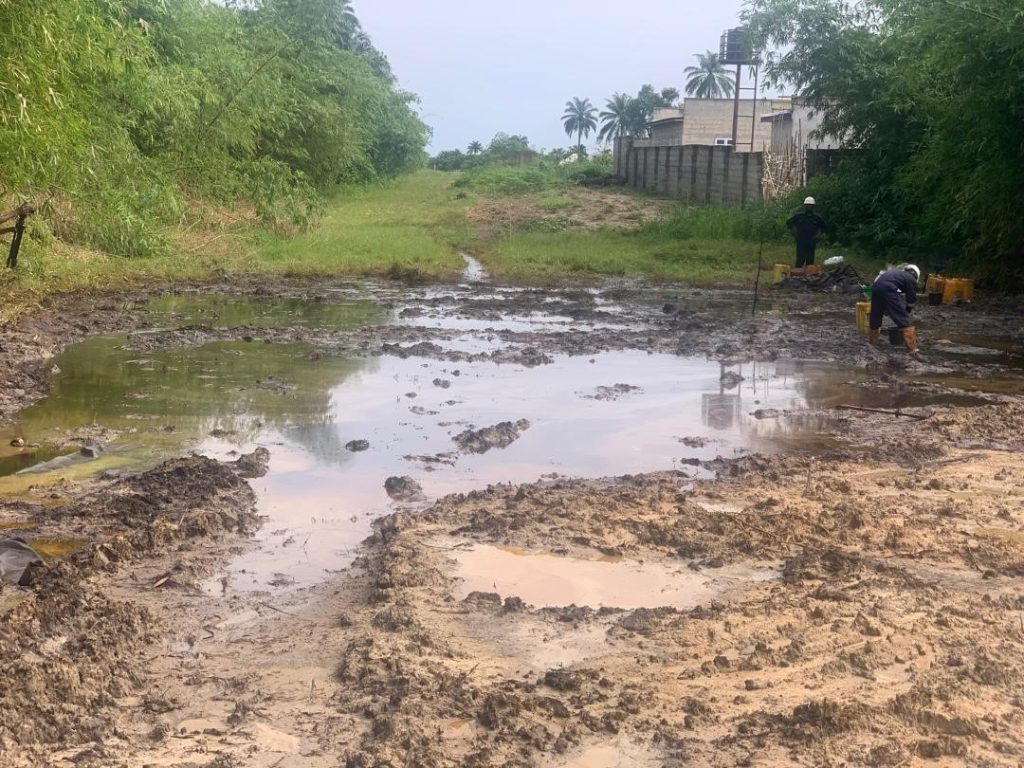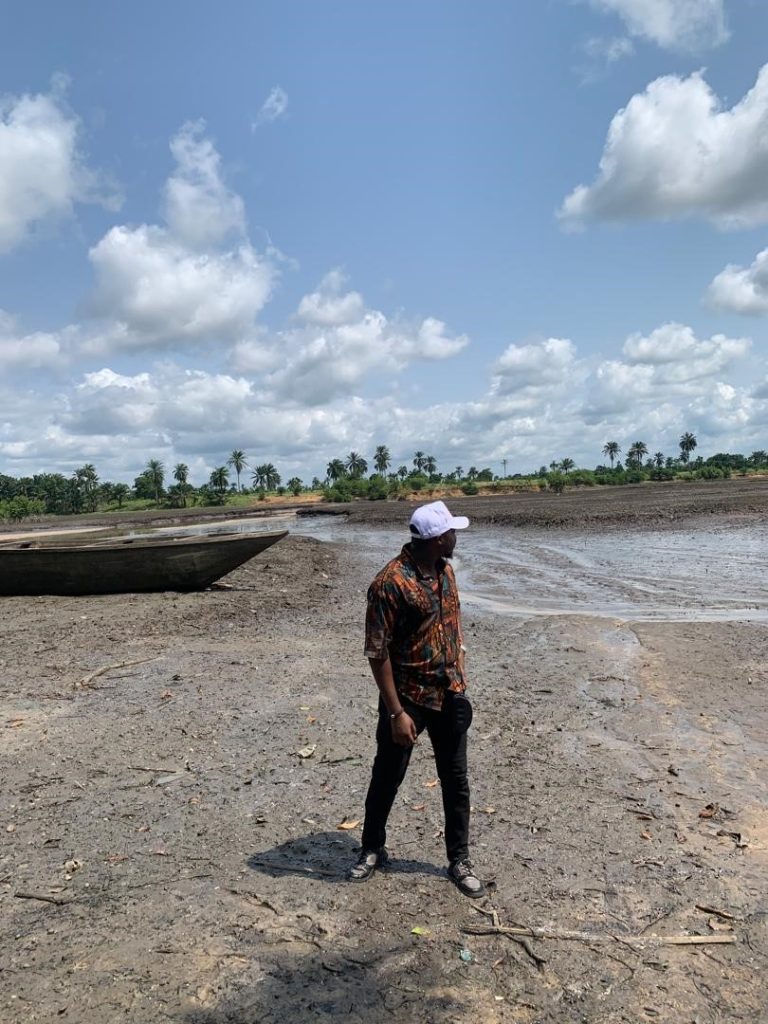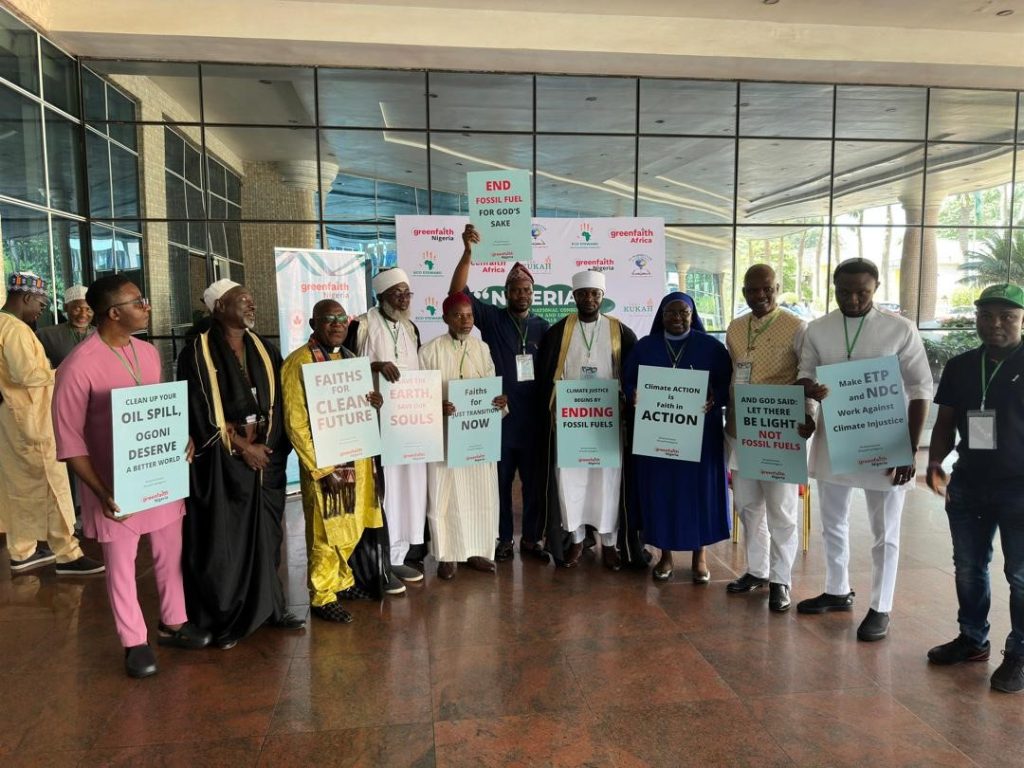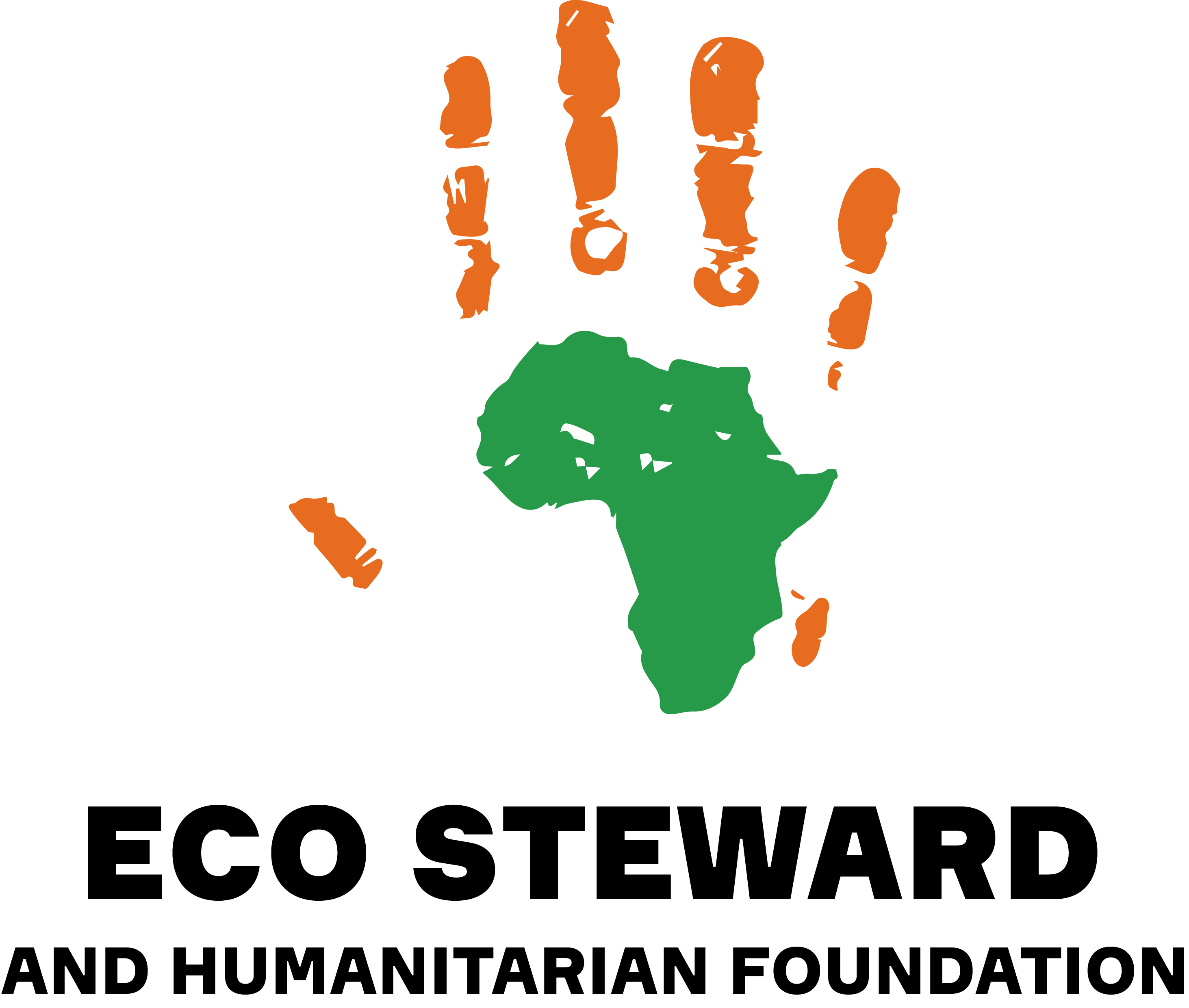
Written by Nweze Emmanuel Obinna
For decades, the people of Ogoni land in Nigeria’s Niger Delta have borne the brunt of environmental degradation caused by incessant oil spills. Once lush and fertile, the land has become a toxic shadow of itself. Rivers that once teemed with life are now blackened with crude oil, and the air is heavy with the stench of pollution. The United Nations Environment Programme (UNEP) report of 2011 laid bare the scale of devastation, describing it as one of the world’s worst oil pollution disasters. Yet, more than a decade later, the cleanup process has been slow, marred by bureaucracy, and insufficient political will.

The consequences are dire: contaminated drinking water, loss of livelihoods, rising health problems, and the erosion of cultural identity tied to the land. Communities feel abandoned, their cries drowned out by economic interests and political silence. In the face of such injustice, there is an urgent need for moral voices to rise—and faith leaders can no longer remain on the sidelines.

Faith leaders wield immense influence in communities across Nigeria. They are trusted voices who provide hope, direction, and a sense of justice to their congregants. Their intervention is crucial not only in advocating for environmental justice but also in holding government and corporate actors accountable. By framing the oil spill crisis as not just an environmental or political issue, but a moral and spiritual one, faith leaders can stir conscience and drive collective action.
Islamic, Christian, and traditional religious leaders must unite to demand a comprehensive and transparent cleanup of Ogoni land, reparations for affected communities, and long-term sustainable development. They can also lead in healing the land—mobilizing communities around conservation, environmental awareness, and resilience through faith-inspired initiatives.
The suffering in Ogoni land is not just a regional tragedy—it is a stain on our shared humanity. Now is the time for faith to meet action, for pulpits to echo the cry of the Earth and the poor, and for spiritual leaders to champion the cause of justice for Ogoni and all marginalized communities affected by environmental abuse.

